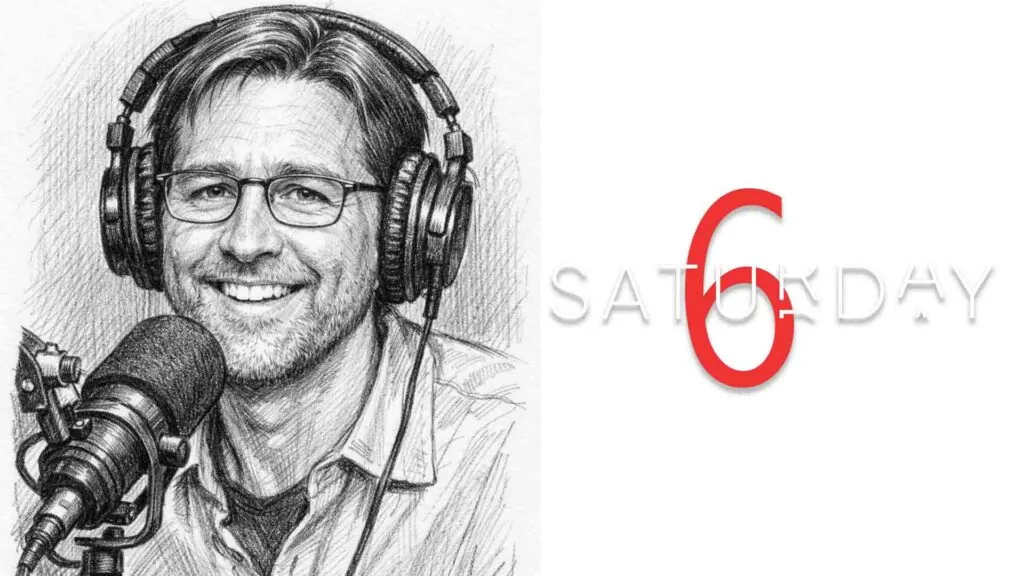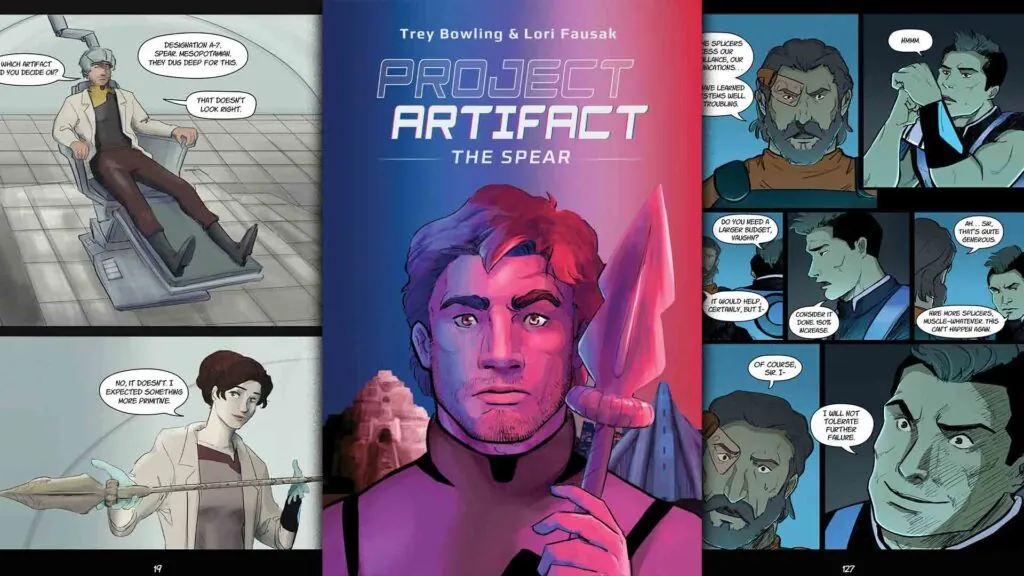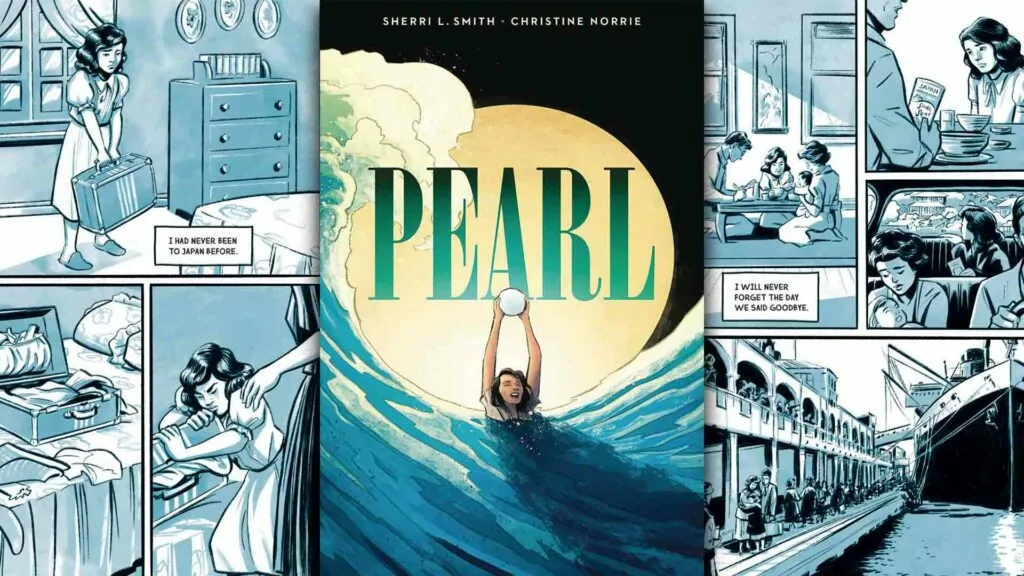There are only a few more months until Bill C-7 could become law in Canada. This bill would allow doctors to euthanize some of Canada’s most vulnerable – those who are told they have an irremediable mental health condition. This past March 2023, the government tried to finalize this law, but by God’s grace, they were delayed a year. Bill C-7 would already be law today if it were not for so many Canadians who pushed back, wrote MPs, and made their voices heard.
On November 24, 2023, I attended a meeting where Members of Parliament Dr. Leslyn Lewis, Ed Fast, Michael Cooper, Tako Van Popta, and Dr. Stephen Ellis spoke about doctor-assisted suicide, and the acceleration of our government’s agenda to create a culture of death. It was encouraging to hear this group of MPs passionate about a culture of life and empathy.
MP Dr. Stephen Ellis was a long-practicing family physician before becoming an MP and he has been trying to stop euthanasia from gaining momentum. He stated some facts about euthanasia that he gleaned from his medical practice and research.
- 15,000 people per year are currently accessing euthanasia in Canada.
- Rates of doctor-assisted suicide are increasing by 30 per cent, annually.
- There is already a framework for a bill to suggest doctor-assisted suicide for those with opioid addictions.
- A Senate committee is also currently working on a framework for children to obtain euthanasia without parental consent.
- Health Canada is not keeping track of physicians’ non-compliance with safeguards. Thus, the public has no idea of the abuses taking place because there is no accountability for granting or coercing medically assisted deaths.
Last March, Bill C-7 was delayed when many Canadians united to voice their anger. A letter was also produced by 17 chairs of psychiatry from Canadian medical schools urging the government to stop the bill. The government scrambled and produced Bill C-39 which created the one-year delay in offering suicide to the mentally ill.
During that time, MP Ed Fast created a Private Member’s Bill, C-314, which stated that a mental disorder is not a grievous and irremediable medical condition for which a person could receive euthanasia. The supporters of Bill C-314 were able to persuade all NDP MPs and 8 Liberal MPs to vote in favor of this reversal of Bill C-7. Fifteen liberal MPs who agreed to support the bill changed their minds after Trudeau invited suicide activists into the House to convince his caucus. Still, Ed Fast’s Private Member’s Bill C-314 failed by only a very narrow margin in the House. And the battle is far from over.
MP Ed Fast and MP Michael Cooper are on the special committee of medical experts, MPs, and Senate members whose job is to investigate the ethics of Bill C-7 and form a conclusion before the year allotted by Bill C-39 is over (March, 2024). The expert panel has concluded that it is impossible to determine whether a mental illness can cause an irreversible state of decline. No research has changed in the past year that would support Bill C-7. The government will very soon make their choice to either follow their expert panel’s advice or proceed while ignoring their advice.
As Christians, we obviously do not agree with doctors murdering their patients, period. However, the inclusion of mental illness as a qualifier for doctor-assisted suicide makes this program just that much more damaging to our country. In the next few months, we have an opportunity to hold our government accountable for its decisions. We can pray for the MPs who are fighting Bill C-7, and we can again contact our MPs to voice our concern. We can also sign petitions to stop Bill C-7. According to this expert panel of MPs who spoke in November, all these actions really do make a difference.












